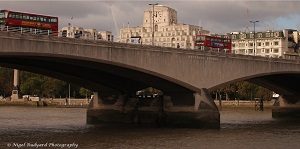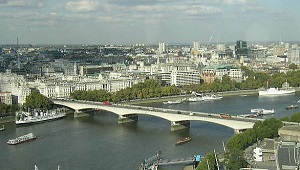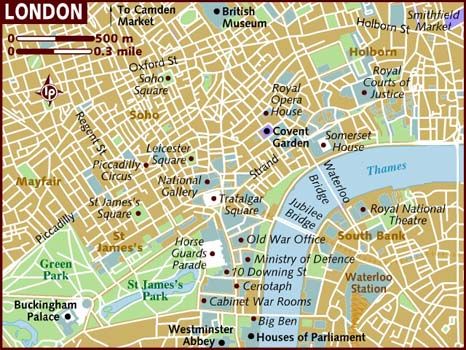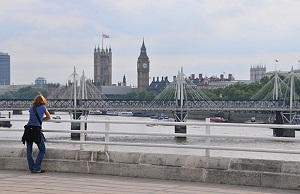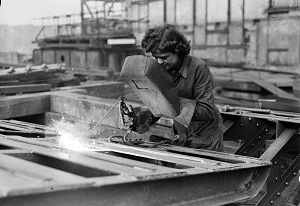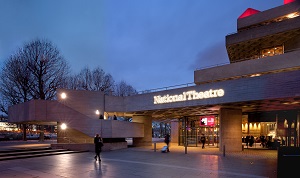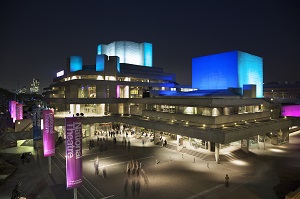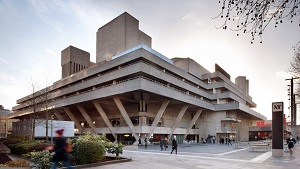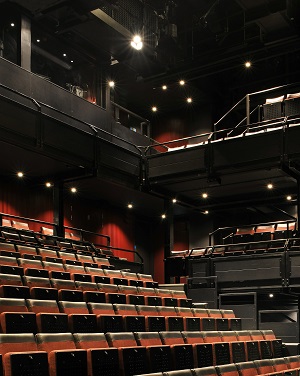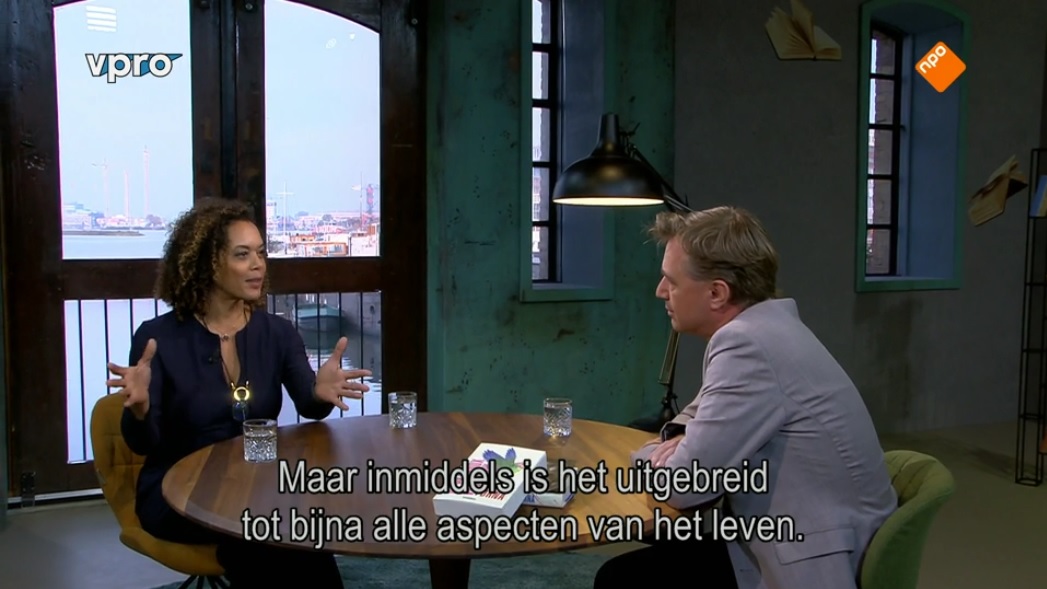|
Study Questions
- Time
- Discuss the precise/careful
notation of time: year, seasons, date, the time of day,
hour, minute, moment.
- Dusk plus one hour. (26)
- Dusk. Forty-eight hours
missing. (126)
- Minutes past midnight (136)
- Timing: predictability,
routine; accidents, chance; fate
- "Old friends had heard
nothing from their daughter whose habit it was to call
every Sunday upon their return from church" (14)
- "What if I tell you I don’t
believe in coincidences? By which I mean the idea that
coincidences are out of the ordinary, coincidences
happen far too often to be considered extraordinary.
People are always saying it. My, what a coincidence!
[...] A statistician will tell you that you are as
likely to get a row of zeros on a winning lottery ticket
as a row of different numbers. We should be less
surprised when life takes an unexpected turn. Life is
disorderly. In certain parts of the world, in the
absence of plagues and floods it’s easy to mistake
mundanity for normality and therefore to react to what
seems extraordinary. But what we call coincidences are
merely normal events of low probability." (61–62)
- The Sherriffs living a few
minutes from the Quells (204)
- "'It's time, I think'" (207)
- What is the relationship with
time for different characters and entities in the novel?
Consider, for example, the following description or
relations:
- Rosie and time
- situation and time
- How is war or battlefield
situation depicted in terms of time experience?
- How does being on air (ex.
radio, TV) affect one's relationship to time?
- How does being homeless
(like Tano or the homeless beggar 35–37) define time
for them?
- How do different emotional
states and time interrelate?
- animals and time
- plants and time
- weather and time
- landscape and time
- profession and time
- technology and time
- "Take time" (288)
- What is the relationship
between past, present and future?
- Consider Forna's treatment of
happiness in the novel.
- Komba and Rosie (chapter 21)
- Attila
- Tano
- Adama Sherriff
- "You know, a lot of people
nowadays believe they’re owed a happy ending." (39)
- Death: Consider Forna's
treatment of death.
- the
dog on the ground gave a final kick and this sign of
life in her brother seemed to spur the bitch, who
leapt forward and straight into the line of fire. The
wolf whirled around and with his second shot the
wolfer took it down. [...] The mangled corpse
of the dog testified to the brute strength of the
wolf, would make it easier to face the owner who with
luck would waive the cost of two dead dogs. People had
begun to come out of their houses and the general
store to see the wolf. A group of small boys ran
behind and aimed kicks at the carcass. In the main
square where the gibbet once stood they strung the
wolf up by the neck until its eyes bulged and its
tongue lolled, and they beat its body with poles.
(7)
- "Confirmed.
The whale has died. The whale is dead." (38)
- 'Someone
die today,’ she said. ‘On a Saturday when they already
short-staffed.’ (191)
- Attila had been witness to
many deaths, that moment when a still and silent presence
entered the room, revealed only by a change in the air, a
knowledge never to be unknown. Would he know, he wondered,
standing here, the moment at which Rosie died? Would he
feel it? When Maryse died he had been drinking cold beer
in the night heat, he had been celebrating, laughing.
[...] Attila was woken by Emmanuel's touch on his
shoulder. In the now silent room the knowledge formed
itself into a fourth presence. (285–86)
- Dead tree (295)
- Normality
- How does Happiness represent
different things and how does this representation comment
on the idea of normality?
- Animal kingdom
- How does the portrayal of
foxes (and other animals) with names in this story
affect perception of them? Ex.
- Babe
Black
Aggie
Jumbo Riley
Jeremiah
Missy
Piper
Redbone
Finn.
Rocky
Light Bright (26)
- Digger (37)
- How does inclusion in
multiple scenes not only of insects, but their
specific types (ex. ladybug, aphids, bumblebee, ant)
define a place and conceptions of space or of events?
- Plant kingdom
- Place
- Weather
- People
- Age
- Gender
- Nationalities
- Professions
- Socio-economic status
- Abilities
- Experience; actions
- Relationships
- Ecology
- Death
- Physical life
- Digital life
- Theoretical life,
intellectual life
- War and post-war
- How do narratives in other
genres or media operate compared to that of the book novel?
Some episodes to examine:
- TV (38, 195)
- Radio (73–76, 82–83, 233–35,
244–46)
- Twitter (248–51)
- What is the function of the
foxes?
- What is the relationship between
places?
- What role does laughter play in
the novel?
- One boy of about fifteen
bounced up and down on the balls of his feet, pointed his
finger at the beggar and his dog and laughed idiotically
(36)
- To her surprise the big man
laughed, a deep triple note (39)
- Jean laughed with her mouth
full of food and raised her hand to cover it. (62)
- Then came the sound of
clapping, from Rosie first, who laughed aloud. (124)
- Another person said: ‘Look at
Osman!’ and there was gentle laughter at the sight of
Osman, who glowed nacre in the moonlight. (139)
|
